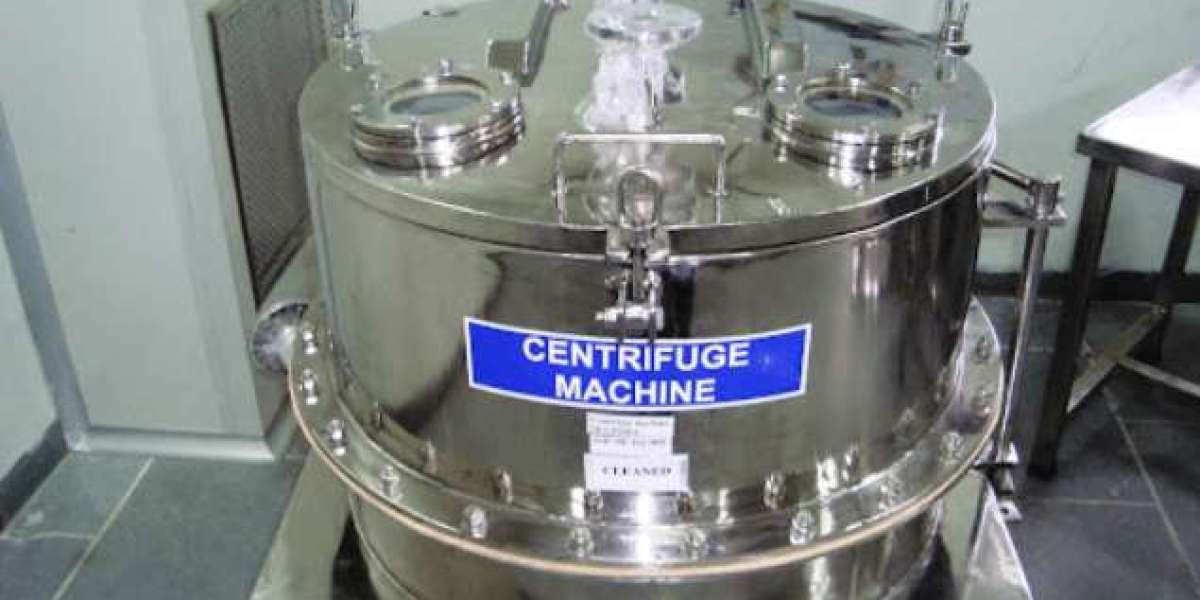Centrifuge machines used in industries like pharmaceuticals, biotechnology, and food production are essential to day-to-day operations. These machines are designed to handle high speeds and harsh processing conditions, making them prone to mechanical stress and wear over time.
Due to their critical role, it is necessary to schedule regular inspections and certifications to maintain performance, ensure workplace safety, and comply with industry regulations.
A Centrifuge Machine Inspection Certification verifies that a centrifuge meets safety and performance standards, ensuring its reliable and secure operation.
Routine maintenance and inspection help verify the condition of key components such as rotors, bearings, and electrical systems. Since centrifuges operate under intense mechanical force, even a minor fault can lead to dangerous outcomes. Mechanical failures not only result in costly downtime but also pose significant injury risks to personnel. Regular certification by authorised agencies ensures compliance with safety codes and helps sustain smooth operations.
Daily Operational Visual Inspections
As part of standard operating procedures, daily visual inspections should be conducted by machine operators before and after each use. These checks help detect any visible damage, leaks, strange noises, or faults in locking and interlock systems. Operators should also ensure the centrifuge is free from product residue or unbalanced load, as this can affect stability and efficiency during operation. These daily checks serve as the first line of defence against sudden equipment failure.
Monthly Preventive Maintenance
In addition to daily checks, companies should implement monthly preventive maintenance routines carried out by in-house maintenance staff or technicians. These inspections involve examining moving parts such as gaskets, seals, and belts, checking rotor balance, and ensuring alignment. Electrical controls and lubrication points must also be verified. Regular documentation of these inspections not only helps track wear patterns but also supports internal audits and enhances safety compliance.
From Biannual to Annual Professional Inspection and Certification
Depending on factors like machine usage, type, industry standards, and environmental exposure, professional inspections and certification should be conducted every 6 to 12 months. These inspections must be performed by certified third-party agencies or competent internal professionals trained in compliance standards. Key focus areas include rotor and bowl integrity, vibration analysis, safety interlock verification, and compliance with domestic and international guidelines (e.g., ASME, ISO, cGMP). For regulated industries like pharmaceuticals, this certification is mandatory to pass compliance audits.
Factors That Influence Inspection Intervals
There is no universal timeline for centrifuge inspection and certification, as it largely depends on the nature of the operation and the materials processed. Equipment handling corrosive or abrasive substances deteriorates more quickly and may require more frequent inspection. Similarly, centrifuges operating under multi-shift or continuous conditions are exposed to higher wear and tear. The optimal inspection schedule should be guided by manufacturer recommendations, legal compliance requirements, and operational risk assessments.
Conclusion
Routine maintenance and certification of centrifuge machines are non-negotiable aspects of industrial safety, equipment reliability, and regulatory compliance. Implementing a well-structured schedule that includes daily visual inspections, monthly preventive maintenance, and biannual or annual professional certification will ensure that your centrifuge machines remain safe and efficient. Ignoring inspections can lead to costly repairs, regulatory penalties, and potential harm to human life. For safety officers, plant managers, and operators alike, prioritising inspection is not just best practice—it’s a business necessity.



